Gender-Based Violence

Violence against women and girls is one of the most widespread, persistent and devastating human rights violations in the world today.
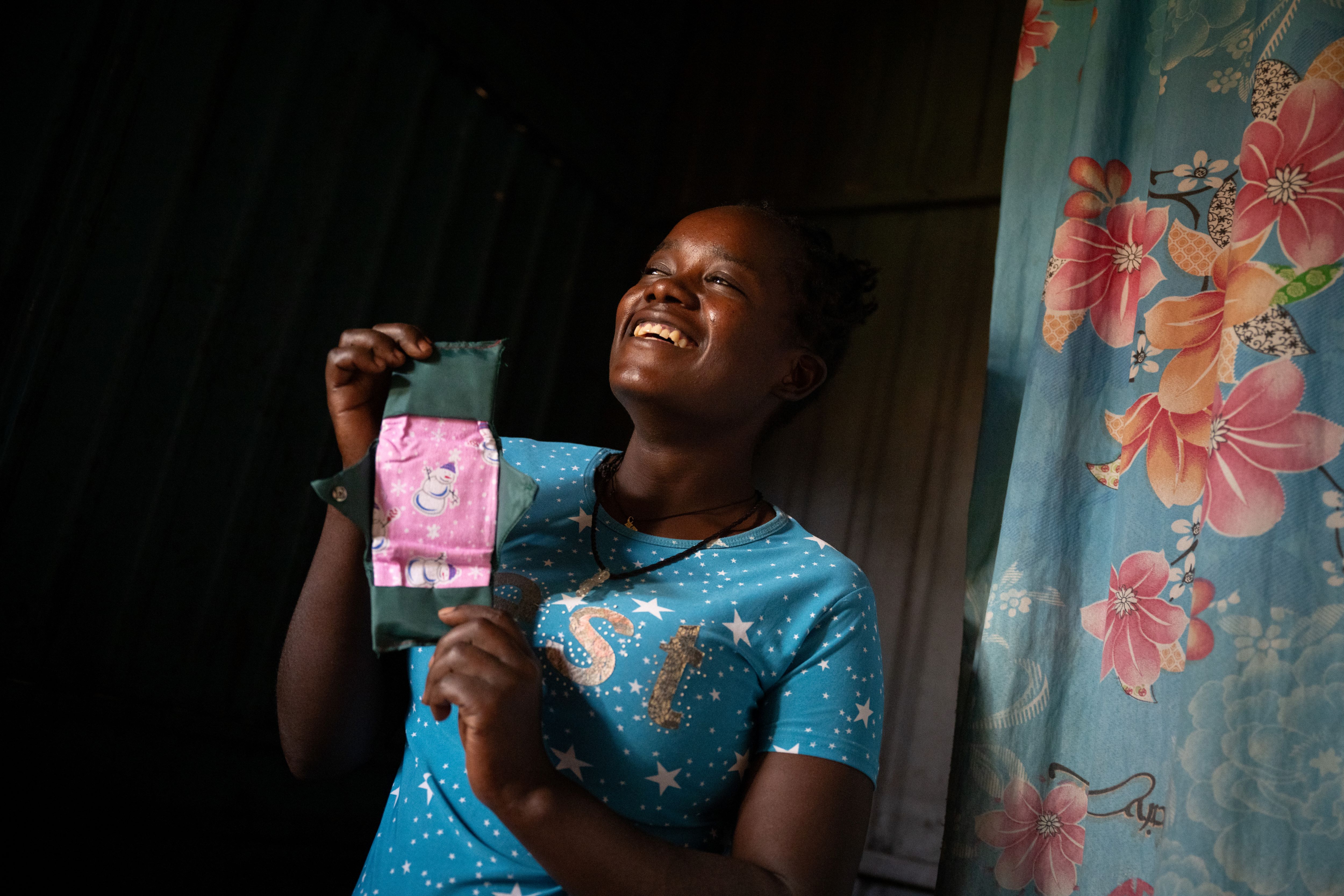
In 2023, more than
132.000
women and young people gained information and access to reproductive health services.
In 2023,
60.000
girls and women received the information and products they need to manage their periods in a dignified way.
Gender Based Violence (GBV) knows no social, economic or national boundaries, and increases drastically during conflict and other humanitarian crises. NCA works on prevention and response to gender-based violence, and the links to sexual and reproductive health and rights (SRHR).
Related Sustainable Development Goals


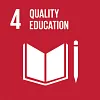
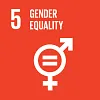
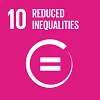
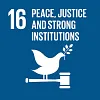
NCA´s response
The goal of NCA’s gender-based violence (GBV) programme is for women and girls to live empowered lives free from GBV. Within this programme, NCA and its partners aim to
• transform dominant norms to protect girls and women from violence and harmful practices
• provide access to life saving and specialised GBV services for survivors and women and girls at risk of violence
• empower women and adolescent girls to lead, build self-esteem and realise their rights
• reduce maternal mortality among women and adolescent girls
• promote access to comprehensive sexuality education and modern family planning for women and adolescents
In line with NCA’s commitments made at the World Humanitarian Summit, NCA’s GBV programme has a strong connection between development, humanitarian and advocacy work through collective outcomes.
GBV in Humanitarian Response
While providing humanitarian assistance to people affected by armed conflicts and other disasters, NCA takes the opportunity to also work to prevent and respond to inequality, GBV issues and harmful practices. Humanitarian interventions focused on shifting harmful practices concentrate on preventing practices that are exaggerated during conflict, displacement and disasters. These include early child marriages, forced marriages and intimate partner violence, in addition to exploitation, abuse and trafficking in women and girls for forced prostitution. The interventions will be implemented during a shorter time span than in long-term development settings, focusing on immediate impact, involving community groups and creating a critical mass for change.
NCA’s GBV in emergencies programmes focuses on establishing a multi-sectoral response model to ensure accessible lifesaving and specialised GBV services, either through local partners and/or directly. Protection and empowerment of adolescent girls and women is an important focus for NCA during emergency response, supporting women and girls to uphold their dignity and agency. Establishing SRHR services, with attention on adolescent girls and working with the objectives under the Minimum Initial Services Package to ensure access to SRHR, is therefore given priority.
GBV in Long-Term Development Work
NCA works to close the gender gap through addressing unequal power relationships between women and men. Addressing harmful norms and harmful practices requires addressing and unpack power. NCA’s norm changing programmes walk communities systematically through a change process, to avoid a chronic cycle of awareness raising that does not lead to sustainable change. Changing norms, and maintaining the change, must include a critical mass of people across all levels of society, from religious leaders, community leaders, teachers and police to women, men, boys and girls. Our phased approach helps NCA staff, partners and community members to reflect on their own lives and relationships before trying to influence others. NCA works with faith actors through dialogue, engaging them on theological reflections, national level advocacy, integrating issues of harmful practices in their teachings and mobilising their constituencies for change of social norms, both within the congregations and the wider communities. This important work takes place in both rural and urban areas. To ensure specialised services for survivors of GBV, NCA focuses on strengthening existing services, including local government and/or local civil society and faith structures.
Within the SRHR agenda, NCA supports better access to family planning services, allowing individuals to achieve desired birth spacing and family size. This also contributes to improved health of infants, children, women and families. Increased use of comprehensive sexuality education in schools and elsewhere is also prioritised. NCA’s contribution to the maternal mortality agenda is to work for integrated management of pregnancy and childbirth with focus on reducing the gap between the education of nurses/midwives and the practical health skills needs.
GBV and Advocacy
NCA concentrates on long term changes in political dynamics between women and men, increasing women’s agency and ability to influence political and public processes, and gain control over economic assets.
NCA and partners influence authorities in their development and implementation of legal norms, laws and regulations. Focus is on laws that prohibit harmful practices, discrimination based on sexual orientation and gender identity, and all forms of violence against women and girls. The programme advocates for structural reform, holding states accountable for providing services for its population and in line with their human rights obligations, in addition to advocating for tax funded social protection systems which address inequalities between women and men. Systems reform is also prioritised, including systems and strategies to monitor and respond when rights are breached. Intervention at this level includes developing and building the capacity of statutory and traditional legal/justice systems, healthcare systems, social welfare systems and community mechanisms.
NCA advocates for increasing the representation of women and girls when conventions, resolutions, laws and policies are discussed and approved, and for women taking up leadership positions, both within the religious sphere and more widely in society (chairpersons, Ministers, etc.). Engagement with and advocating for human rights defenders is also paramount, so too is advocating for the implementation of the Women, Peace and Security agenda, in addition to the Youth, Peace and Security agenda.
NCA will use international platforms like the UN Commission on Population and Development to work against the setback on the access and acceptance of SRHR services like modern family planning, comprehensive sexuality education and safe abortion for adolescents and women.
Collaborating with Faith Actors and Civil Society
NCA works with faith actors, women’s groups, youth groups, local and international civil society actors, the ACT Alliance, authorities, and communities at large to promote and protect women and girls’ rights. When women and girls’ rights are promoted and protected, they can live free of violence, make decisions about their own bodies, access education and health care, attain the highest possible psychosocial wellbeing, and realise their sexual and reproductive rights.
NCA has a comparative advantage in engaging faith-based organisations and religious leaders – women and men – in efforts to reduce GBV, given their legitimacy, moral authority and outreach. NCA challenges faith-based partners and religious leaders to act against GBV, within their faith communities, in local communities and through advocacy towards duty bearers.
NCA and partners work with youth to create change among youth and a space where youth can grow and be empowered to make their own decisions about their lives. Faith actors are often the gatekeepers to social and moral norms, and the GBV programme works with faith actors to create change within congregations and communities at large.
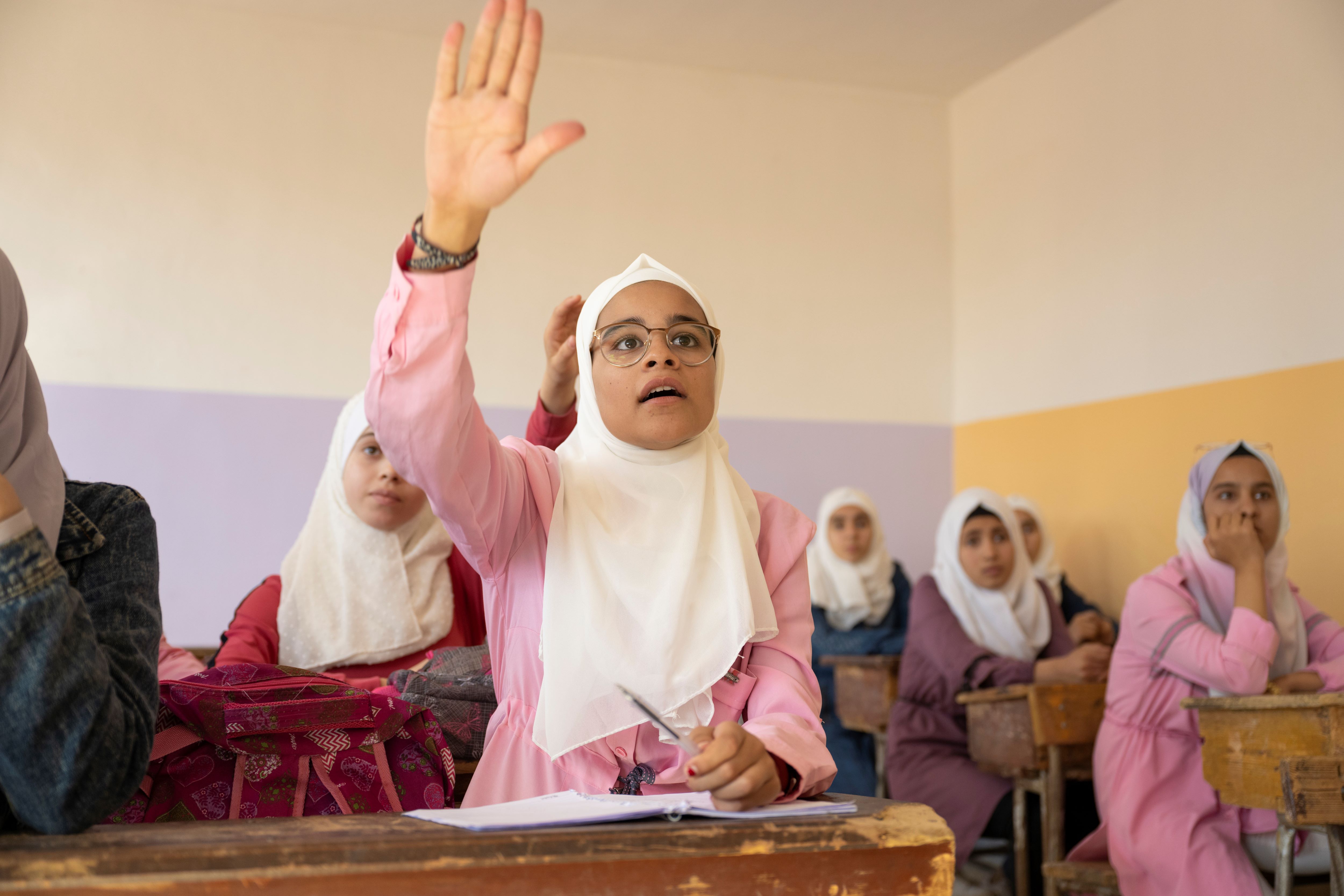
Network and Alliances
NCA is a core member of the Global GBV AoR. It works within the cluster system to improve the effectiveness and accountability of humanitarian response for the prevention of, risk mitigation of and response to all forms of gender-based violence; ensure that the agency and capacity of survivors is recognised and reinforced; and to ensure that primary prevention efforts are effectively employed to address underlying gender inequality. NCA is also a member of the Call to Action on Protection from GBV in Emergencies, a global initiative of governments and donors, international organisations and NGOs, aiming to drive change and foster accountability from the humanitarian system to address GBV from the earliest phases of a crisis. Focusing on enhancing mental health and psychological care for GBV survivors, NCA joined the IASC Mental Health Reference Group. To foster better collaboration on reproductive health in emergencies, NCA has recently joined the Inter-Agency Working Group on Reproductive Health in Crises.
Innovation
Norwegian Church Aid continually seeks to improve the quality and choice of care for GBV survivors so that they can heal from trauma, reconnect with their communities, and be agents of social change. With support from Innovation Norway, this GBV innovation project sought to explore the use of virtual reality (VR) as a medium through which therapeutic interventions can be delivered to GBV survivors. To do this, NCA engaged in an innovation-friendly procurement process, resulting in partnerships with two private sector companies—Healium and Fornix—to develop and test two VR-based psychosocial interventions in northern Iraq.
Gender-Based Violence 2016-2018
Result case
Prior to March 2015, Malawi did not have a human trafficking law in place and was rated a tier 2 country in the Trafficking Victims Protection Act (TVPA)8.
Why:
Trafficking in Persons (TIP) cases were addressed using other laws like the Penal Code, Immigration Act, Child Care and Justice Act and the Constitution of Malawi. In 2015, NCA collaborated with partners and the Ministry of Homeland Security to pass a TIP law in Parliament in March of that year. This was followed by the development of a National Plan of Action Against TIP (2017-2020).
What:
Prior to the passage of the anti-TIP law in 2015, there was a lack of national response and effective action to combat TIP in Malawi. In 2007, NCA commissioned an evaluation to understand the magnitude and nature of trafficking of women and children for sexual exploitation. This evaluation established that at least 2,000–5,000 children under 17 and 5,000–8,000 women were trafficked internally and across borders each year. In response, NCA and partners began the long process of lobbying the Malawi government to pass an anti-TIP law.
How:
Since the Trafficking in Persons Act was enacted in 2015, NCA has made significant contributions to the further development of the National Plan of Action (NPA) by supporting partners and the Ministry of Homeland Security to learn from other countries through exchange visits and financial support. The NPA has five priority areas including:
- Prevention of TIP
- Support and protection of victims
- Detection, investigation and prosecution
- Partnership coordination, sustainable financing and research
- M&E and reporting
Since the plan was developed, there has been progress towards the prosecution of human trafficking cases in Malawi. Additionally, NCA and partners have conducted sensitisation with community members and religious leaders, in addition to building the capacity of law enforcement agencies like the police, judges and magistrates, partner staff and community volunteers. Through this work, there has been an increase in reporting of TIP cases at the community level.
Resources
NCA has created multiple resources for assisting with GBV prevention and response. Please see the below list that includes a description and access to the resources.
The Integrating Therapeutic Interventions into GBV Case Management (ITI) resource outlines 13 therapeutic techniques and 11 MHPSS symptoms most commonly seen among GBV survivors and aims to therapeutically deepen the GBV case management process by integrating these MHPSS tools into all levels of case management.
To strengthen the ITI resource, we have developed 3 additional ITI tools which include the: ITI Training Manual, ITI MHPSS Flyers, ITI Supervision Toolkit.
*All ITI documents that have been translated on the page are provisional.
Integrating Therapeutic Interventions in GBV Case Management (ITI)
ITI Training Manual
This is the training manual to accompany the ITI Resource.
ITI MHPSS Flyers
Here are 11 flyers of the most commonly seen MHPSS symptoms that GBV survivors experience.
ITI Peer Supervision Toolkit
The ITI Peer Supervision Toolkit: Learning to Take Care of Survivors and Ourselves, is a toolkit that provides caseworkers with:
- A peer supervision model to help manage difficult cases and increase capacity to offer psychological support.
- Case studies, activities and provocative questions that facilitate individual and group supervision sessions related to the specific psychological symptoms of GBV survivors.
- Video recordings which provide “live” explanations, clinical examples and demonstrations of techniques to manage symptoms taught in the ITI manual.
The ITI Peer Supervision Toolkit should be used together with ITI manual.
We Matter: A GBV Staff Care Resource
This resource outlines 25 staff care activities help GBV teams manage burnout and vicarious traumatization. This staff care resource is written for all GBV staff, not just for team leaders and supervisors.
It is recommended that this resource be used together with the I Matter: Self-Care Journal for GBV Staff
I Matter: Self-Care Journal for GBV Staff
The I Matter: Self-Care Journal for GBV Staff is a journal that GBV staff can use on their own, to manage stress and to avoid burnout
This journal explores: 1) The ways my work changed me, 2) The ways my work causes me stress & other strong emotions, 3) Finding balance and 4) Joy and meaning.
This journal can be used by either printing it out or saving it on your phone or computer. It is recommended that this self-care resource be used together with the We Matter: A GBV Staff Care Resource that provides staff care strategies for the workplace.
This facilitator manual provides training materials to support facilitators to deliver a 5-day training on how to provide first line support and clinical care to survivors of sexual violence and intimate partner violence – including women, girls, men and boys. The manual also includes training on how to prepare the health facility to provide care.
The main objectives of the training are for participants to:
- Demonstrate general knowledge of sexual violence and intimate partner violence as a public health problem
- Demonstrate behaviours and understand values contributing to safe, supportive services for survivors.
- Demonstrate knowledge and skills appropriate to one’s profession and specialty to respond to sexual violence and intimate partner violence against women, sexual violence against men and boys, and child sexual abuse; including providing first line support, conducting a history and examination, providing clinical care and treatment, and safe referral to support services
Norwegian Church Aid has designed a holistic resource to prevent and respond to child marriage within existing Gender Based Violence programs, focusing on humanitarian settings. ENGAGE is grounded in a Theory of Change developed from a literature review of existing evidence-based interventions and consultation with stakeholders including adolescent girls.
A Toolkit for faith actors to engage congregations and communities to end all forms of gender based violence (GBV)
The NCA FAME toolkit includes the following parts:
Part A. Theory of Change: This outlines the need that we are trying to address through this program of work, the outcomes we expect and the range of activities that will be conducted to achieve this change.
Part B. Outreach work: This section unpacks the different themes and related activities which when undertaken will lead to the expected change outlines in the theory of change. This includes:
- awareness raising on all forms of GBV
- theoretical framework of social norms
Part C. Community conversation modules: The different themes are structured into conversation modules to be discussed progressively. Beginning with definitions of the key terminologies, the conversations utilise the contextual study of religious text methodology to unpack otherwise difficult topics. The conversations culminate with the development of individual and joint action plans and a reflection on the measurement of impact within the respective communities.
Part D. Community conversation facilitators’ guide: An interactive process will be adopted to bring together members of the community and encourage them to think, discuss and explore harmful norms that encourage inequalities and the different types of GBV affecting women and girls. These include religious, social, moral and legal norms, unequal power relations and harmful masculinities. This guide will be used to support these community conversations.
Community Conversation (CC) methodology is a 5-staged community driven behavioral change tool that recognizes and leverages the capacity of communities to influence change in their communities. Currently NCA uses this methodology in our norms transformation work related to FGM & CEFM. The model uses facilitation techniques and tools provided to them in the community conversation manual to encourage the community to discuss and brainstorm solutions for Female Genital Mutilation and CEFM in their communities.
The tool can be used by all stakeholders wanting to create change. The methodology has been extensively used and evaluated by NCA in both Ethiopia and Somalia. Although NCA has so far only used it in nexus and long-term development settings, parts of it can be used in work with transient communities to discuss issues facing their daily lives.